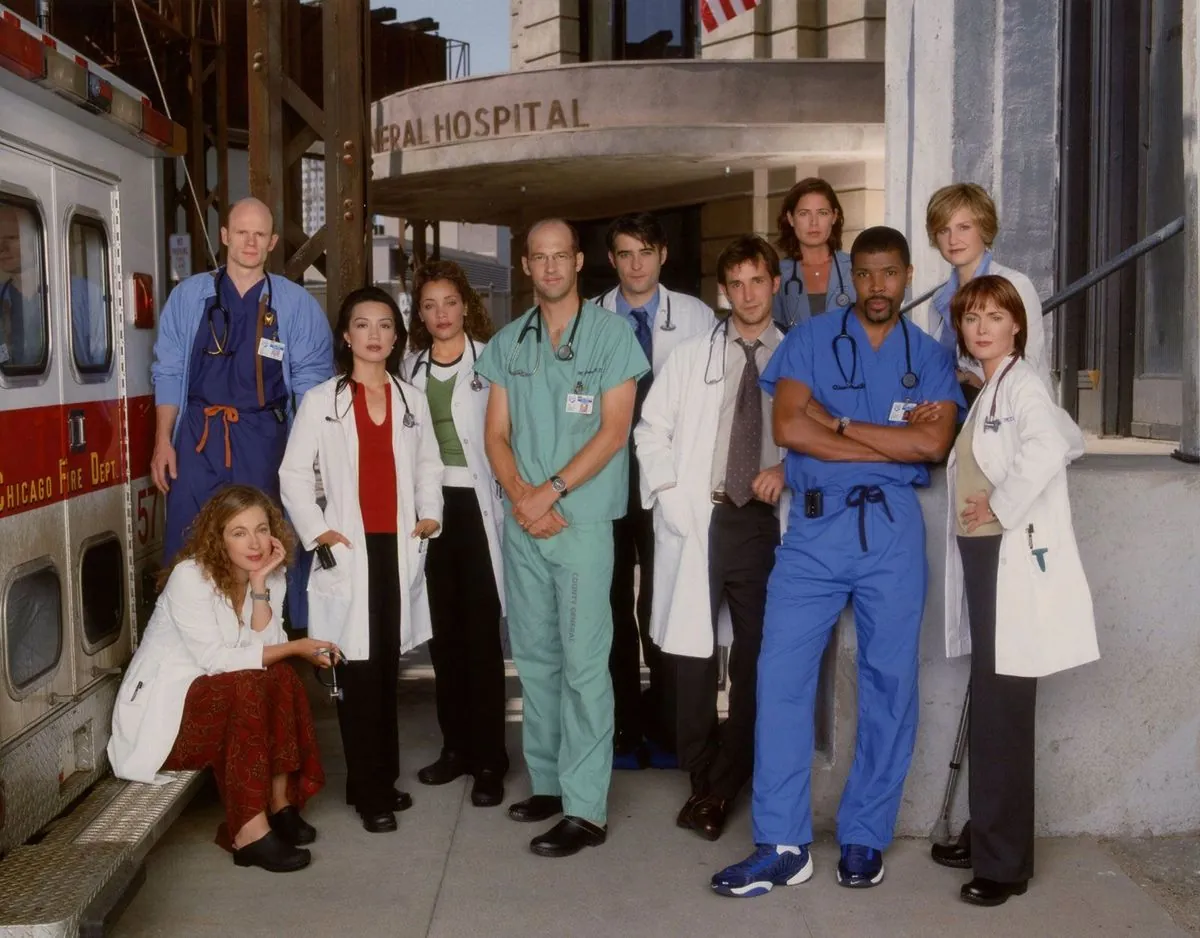Crichton Estate Sues Warner Bros. Over Alleged 'ER' Reboot
Michael Crichton's estate files lawsuit against Warner Bros., claiming unauthorized 'ER' reboot. The case highlights intellectual property disputes in entertainment industry.

The estate of Michael Crichton, renowned author and creator of the hit medical drama "ER", has initiated legal action against Warner Bros. Television. The lawsuit, filed on August 27, 2024, in Los Angeles County Superior Court, alleges that the studio's upcoming show "The Pitt" is an unauthorized reboot of "ER".
At the heart of the dispute is a "frozen rights" provision in Crichton's contract, which reportedly prohibits Warner Bros. from producing "ER"-inspired content without the estate's consent. This provision was designed to ensure proper credit and compensation for Crichton and his heirs.
"ER", which premiered on September 19, 1994, and concluded on April 2, 2009, was inspired by Crichton's experiences as a medical intern. The show garnered critical acclaim, earning 124 Emmy nominations and 23 wins during its 15-season run. It also launched the careers of several prominent actors, including George Clooney, whose breakout role was as Dr. Doug Ross.

The lawsuit claims that Warner Bros. began developing an "ER" reboot in early 2020 without notifying Sherri Crichton, the writer's widow and guardian of his estate. The studio allegedly approached the estate almost two years later for consent, but negotiations failed. Despite this, the lawsuit asserts that Warner Bros. continued developing the show, simply relocating it from Chicago to Pittsburgh.
"The Pitt", announced in March 2024, shares several similarities with "ER". Both shows feature emergency room professionals in urban hospitals, with episodes spanning a single day. The lawsuit argues that changing the show's name and location does not alter its fundamental nature as an "ER" reboot.
Warner Bros. Television has dismissed the lawsuit as "baseless", stating that "The Pitt" is "a new and original show". The studio intends to "vigorously defend against these meritless claims".
This legal battle highlights the ongoing challenges in protecting intellectual property rights in the entertainment industry. Michael Crichton, who passed away 16 years ago, was a prolific creator whose works have had a lasting impact on popular culture. He is the only creative artist to have simultaneously topped charts in television, film, and book sales.
The outcome of this case could have significant implications for creators and their estates in safeguarding their intellectual property. As the entertainment landscape continues to evolve, with reboots and adaptations becoming increasingly common, the need for clear contractual protections becomes ever more crucial.


































